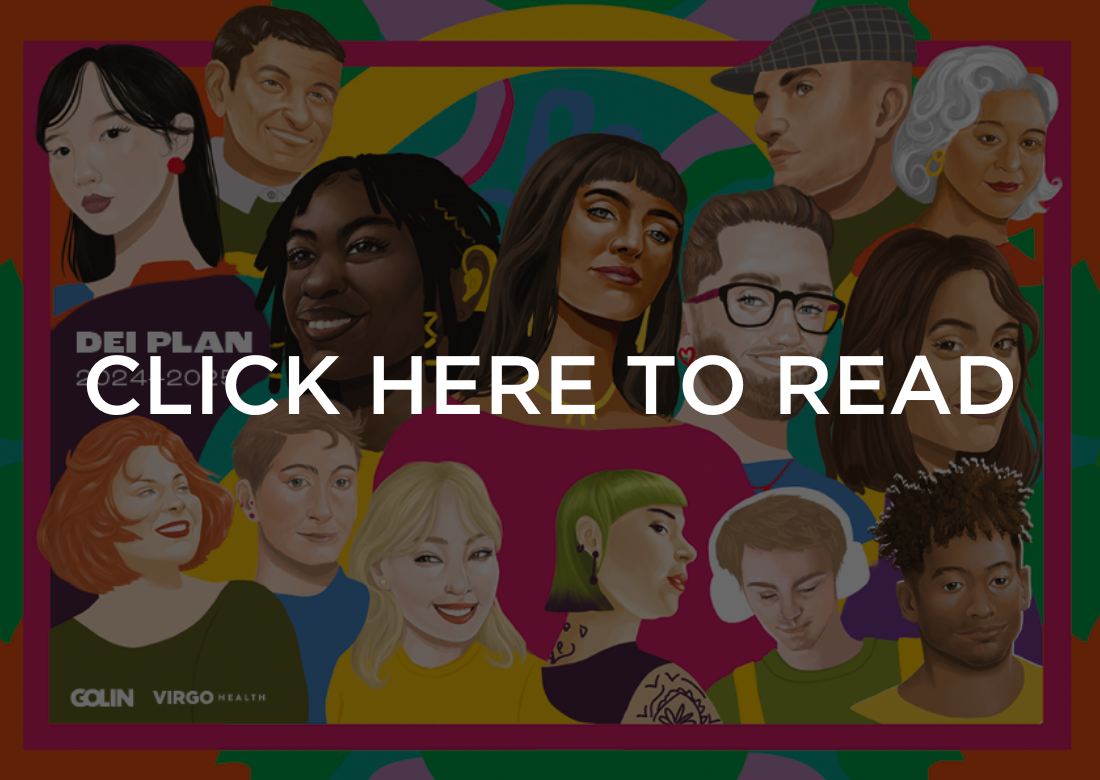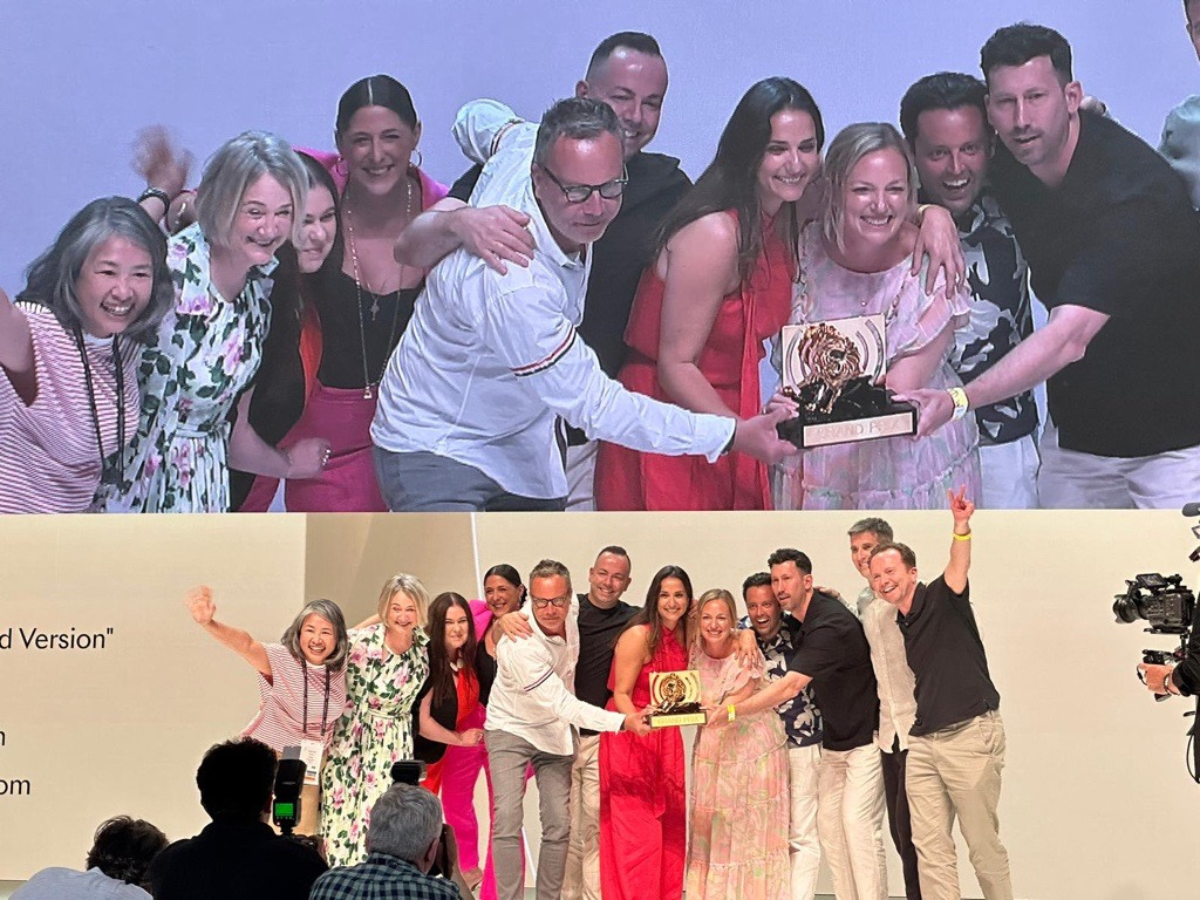Virgo gets creative for BHF
By Imogen Holland and Amy McDermott
A few weeks ago, we blended two of the most exciting aspects of our agency together – our commitment to CSR and our commitment to strategic, insight-driven communications that embody our ethos of Being Human.
We invited the British Heart Foundation (BHF) to share a communications challenge with us. We then divided into groups to put our recent training into practice, to deliver strategic pro bono communications plans and ideas for the BHF.
The BHF is the UK’s largest independent funder of heart and circulatory research, helping to find treatments that give people more time with loved ones.
To kick off our afternoon, Josie Roberts and Saneeta Mandil from the BHF shared that while the BHF’s research funding comes primarily from legacy gifts and fundraising activities, their retail operations contribute a crucial 15-20% toward their lifesaving work. So, they set us the challenge to apply Virgo’s expertise to deliver communications plans that would encourage high-quality donations to BHF shops and online stores.
There was a buzz of energy in the room as colleagues from different departments came together, blending strategy, communications, medical education and creativity to tackle this challenge. Teams immersed themselves and were able to ask Josie and Saneeta any questions to help define their objectives enabling them to craft innovative campaigns and map out execution channels. All teams then presented their unique solutions and bold campaign ideas, that challenged perceptions about charity shop donations. One team even producing a video in under an hour!
In the end, one of our teams emerged victorious and was declared the winner, with the BHF even hoping to take their idea further and perhaps even into the real world.
This event perfectly captured what makes Virgo such a special place to work. Nearly two years into our careers within the pharma communications team, the agency has played a crucial role in our development, providing training and opportunities that have broadened our expertise in client relations and widening our industry knowledge.
As we reflect on our work with the BHF, we’re reminded of the collaborative spirit at Virgo. Our approach to projects, whether for clients or community partners, remains consistent: bringing creativity and strategic thinking to challenges that matter…and having lots of fun along the way. We look forward to more opportunities like this!

